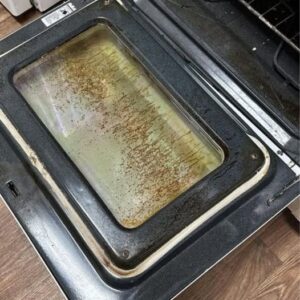Nancy had quietly carried the invisible weight of motherhood for years, managing every detail of their daughter Susie’s life while her husband Ryan focused on work. She told herself it was temporary, that things would even out—but exhaustion turned into quiet resentment. Though Ryan loved his family, he had unknowingly slipped into relying on Nancy for everything, offering only vague promises like “Just remind me” whenever she asked for help.
Everything shifted one afternoon at school pickup when Susie’s teacher mentioned the upcoming “Donuts with Dad” event. Without hesitation, six-year-old Susie said, “Can Mommy come instead? She does the dad things—she fixes my bike and checks for monsters.” The words were innocent, not accusatory, but they landed like a truth bomb. Ryan stood frozen, hearing his daughter unknowingly voice what Nancy had buried: she had been both mother and father in the day-to-day.
The next morning, something changed. Nancy walked into the kitchen to find Ryan awkwardly making Susie’s lunch—the apples cut unevenly, the sandwich squished, but made with effort. Inside the lunchbox sat a note: “I’ll be there for donuts. –Daddy.” True to his word, he showed up proudly in a silly giraffe shirt Susie picked and sat beside her joyfully. Over the following weeks, he took on more: drop-offs, bedtime stories, even burnt grilled cheese dinners that Susie called “crunchy-delicious.”
In time, their home felt different—lighter. One night, Ryan handed Nancy coffee in her new mug that read “Boss Mama” and told her, quietly, “I see you. I’m sorry I didn’t before.” For the first time in a long time, Nancy didn’t feel like she was disappearing. She felt seen, supported, and loved—not for what she held together in silence, but for who she was. Sometimes, it takes a child’s honesty to open the door to healing—and to remind everyone what partnership truly looks like.





